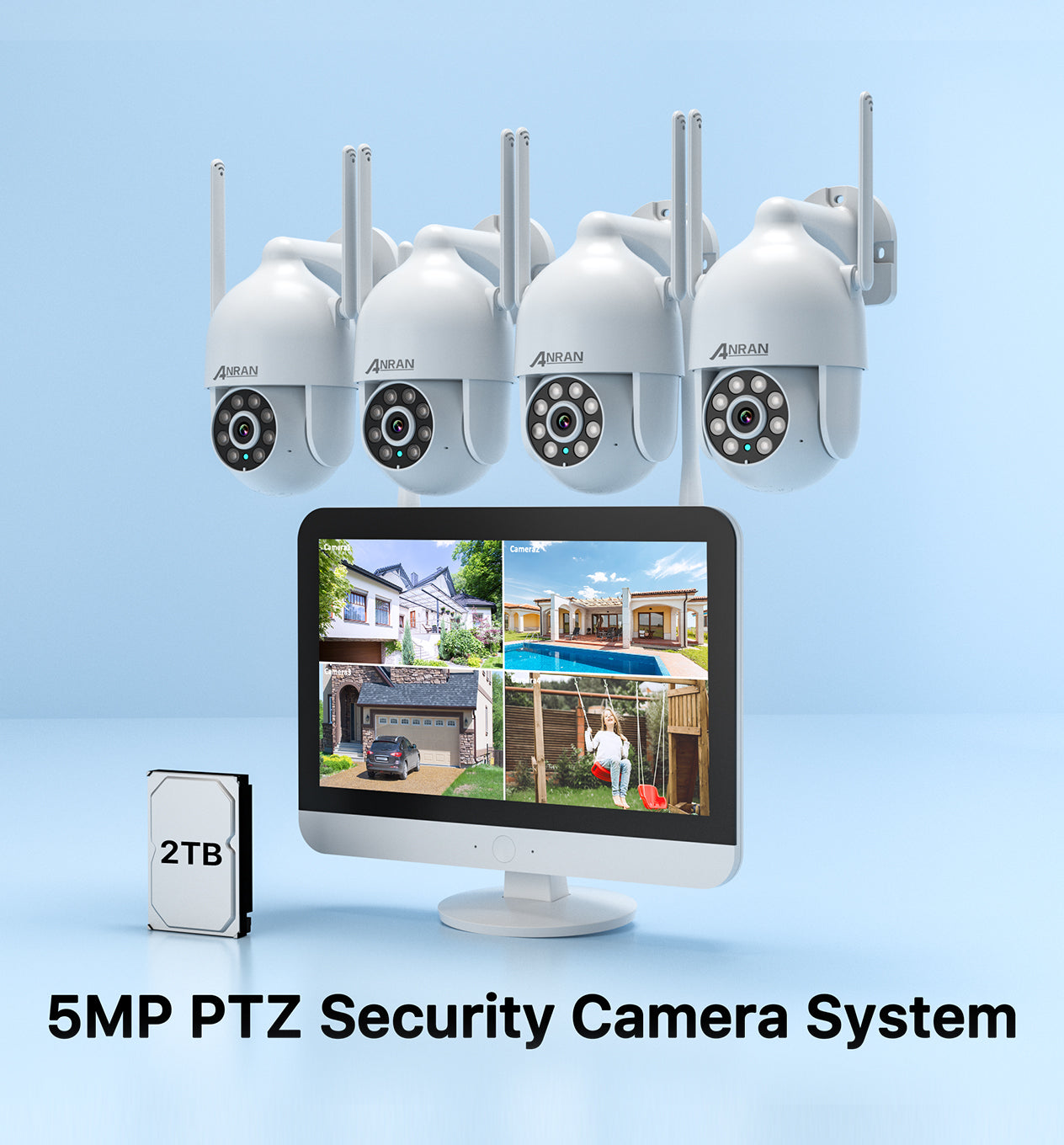Unlock the Secrets: How to Choose the Perfect Security Camera System for Your Needs!
In today's world, where safety concerns are at an all-time high, the importance of a robust security system cannot be overstated. Security camera systems play a crucial role in enhancing safety for both homes and businesses, providing peace of mind and deterring potential threats. Whether you want to monitor your property while on vacation or keep an eye on your store after hours, choosing the right security camera system is essential.

This article aims to guide you through the process of selecting the ideal camera system for your needs. We will explore key factors to consider, types of security camera systems available, essential features, installation and maintenance tips, and budgeting strategies. By the end of this guide, you’ll be equipped with the knowledge needed to make an informed decision about your security camera purchase.
Understanding Your Security Needs
Before diving into the world of security cameras, it's vital to assess your specific security needs. This means taking a thorough look at your property, identifying vulnerabilities, and determining the areas that require surveillance. For instance, if you live in a neighborhood with a history of break-ins, you may need a more extensive system than someone in a low-crime area.
Consider the size of your property and the specific vulnerabilities you might have. Do you have large blind spots in your yard? Is there a particular entrance that is less visible? Additionally, think about the type of coverage you desire: do you want to monitor just the exterior, or do you also need indoor cameras? Understanding your unique situation will significantly influence your camera system selection, ensuring you get the best protection tailored to your needs.
Types of Security Camera Systems
When it comes to security cameras, there are various types to choose from, each with its pros and cons. One major distinction is between wired and wireless systems. Wired cameras often provide a stable connection and better video quality, but installation can be complicated and intrusive. On the other hand, wireless cameras are easier to install and relocate but may suffer from connectivity issues.
Another aspect to consider is the difference between indoor and outdoor cameras. Outdoor cameras need to withstand weather conditions and should ideally have a higher resolution for capturing details at a distance. Indoor cameras, however, can be smaller and less robust. Additionally, technologies such as IP cameras and analog cameras offer different advantages in terms of resolution and ease of use. By understanding the various types available, you can make a more informed decision based on your specific needs.
Key Features to Look For
Not all security cameras are created equal, and there are several key features that can greatly influence their effectiveness. Resolution is paramount; a higher resolution camera will provide clearer images, which is essential for identifying faces or license plates. Night vision capabilities are also crucial for monitoring during low-light conditions, ensuring you don’t miss any activity at night.
Motion detection is another important feature, allowing the camera to alert you to movement and save storage by only recording when necessary. Speaking of storage, consider how you want to store footage: whether through cloud services or local storage options, understanding these choices will impact both the usability and cost of your system. By prioritizing these features, you can select a system that enhances your security effectively.
Installation and Maintenance Considerations
When it comes to setting up your security camera system, you have two primary options: DIY installation or hiring a professional. DIY installation can save you money and offers flexibility, but it may require some technical know-how, especially with wired systems. On the other hand, professional installation ensures that everything is set up correctly, but it can add to the overall cost.
Once your system is installed, maintenance is key to its ongoing effectiveness. Regularly check camera angles, clean lenses, and ensure that all software is updated. If your system has motion sensors, calibrate them periodically to avoid false alarms. Keeping your system in top shape will ensure that you’re always protected.
Budgeting for Your Security Camera System
Budgeting for a security camera system involves understanding both the initial costs and ongoing expenses. The initial purchase price can vary significantly based on the type and features of the cameras you choose. Additionally, consider ongoing costs such as subscription fees for cloud storage or professional monitoring services.
Setting a budget doesn't mean you have to compromise on essential features. Prioritize your needs and research options that offer the best value for your investment. Look for systems that provide flexibility in scaling up or adding features as your security needs evolve.
Final Thoughts on Security Camera Selection
Choosing the right security camera system is a significant decision that requires careful consideration of various factors, including your specific security needs, the types of cameras available, crucial features, installation options, and budget constraints. By assessing your unique situation and understanding the options at your disposal, you can make an informed decision that enhances your safety.
As you embark on this journey to find the perfect security camera system, remember that investing in a reliable solution is an investment in your peace of mind. Take the time to explore your options, and don't hesitate to seek advice if needed. After all, a secure environment is not just about surveillance; it’s about feeling safe in your space.







Comments